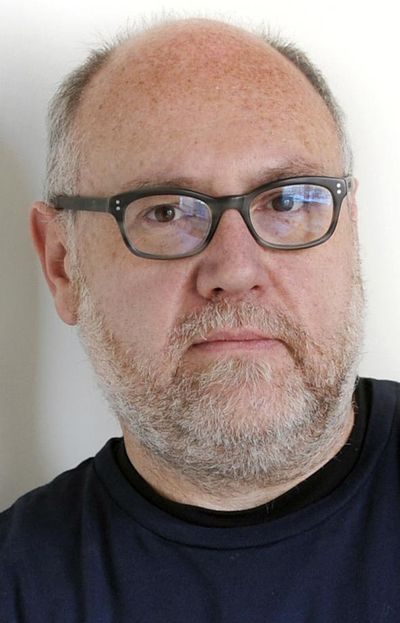This column reflects the opinion of the writer. Learn about the differences between a news story and an opinion column.
Shawn Vestal: The humanities can bridge learning and healing for veterans

It seems that the entire national discussion about education has been taken over by four letters: STEM.
The performance of American students on STEM subjects – science, technology, engineering, mathematics – has been analyzed, worried over, and targeted with every manner of attention we can muster. In the rush to focus on those disciplines, some educators say, we’re underestimating the importance of history, philosophy and the arts – even to those in seemingly unrelated fields.
“To some degree, we’ve turned our backs on the humanities in favor of these technological enthusiasms,” said William D. Adams, chairman of the National Endowment for the Humanities. “The price of doing so is high and getting higher all the time.”
Adams will be speaking in Spokane on Monday, as part of a new initiative at Gonzaga University to focus on the humanities through community initiatives. This year, the school’s new Center for Public Humanities will be organizing events around the humanities and veterans’ experiences, including Adams’ visit and a February appearance by the author Tim O’Brien, whose Vietnam books “The Things They Carried” and “Going After Cacciato” are among the most powerful modern literary works on warfare.
Adams will be speaking about the ways that the humanities can help veterans – as well as the country at large – deal with the experience of war. A Vietnam veteran, he said that the tools of the humanities are ideally suited for helping vets get a perspective on what they went through.
“For me, Vietnam was a personal trauma, but it was also a national trauma … and I think it’s true in a different way with the Iraq and Afghanistan wars,” he said in an interview this week.
“The big questions you come away with are, ‘What was that about?” and ‘What did it mean?’ and ‘How did it change me? and ‘How do I cope with these memories?’ ”
The questions posed by the humanities, in other words.
The NEH funds several programs for veterans, including a theater project at New York University in which vets stage Greek tragedies. Connecting with ancient human texts, Adams said, “inserts (veterans) into the truth that their story about war and coming home from war is indeed an ancient story, and it has expressions across human history.”
Brian Cooney, a poet, literature professor and director of the new GU center, said that the humanities are often seen as superfluous – a matter of entertainment, to be considered when the real work is done. But studying history, the arts and philosophy helps students become better communicators and deeper thinkers in any field. He noted that students majoring in the humanities but pursuing graduate education in science and medicine often do as well or better than science majors on graduate-school entrance tests, and bring a wider set of skills that sets them apart from other students.
“English majors, nationally, outscore STEM majors on the MCATs,” Cooney said, referring to the test for entering medical school. “The humanities major could make you a better doctor.”
The humanities help students understand history and culture, to consider the deepest questions of human life, and to build empathy and understanding for others.
“STEM is great, but STEM without ethics, STEM without a sense of what it means to be human, STEM without a sense of history, is rudderless,” Cooney said.
The Center for Public Humanities is one of three GU initiatives aimed at raising the profile of the humanities, including a digital project and the center for undergraduate research. He said the goal, in part, is to bring the humanities off campus and into communities, and help promote a wider understanding of the way they can contribute to people’s lives.
But it’s also aimed at helping veterans on campus. He said that some 200 veterans attend GU now, a figure he found sobering, and noted that various arts projects have been employed to help vets dealing with post-traumatic stress disorder.
The divide between the sciences and the humanities can be unproductive in both directions. Science educators, for example, have noted that technology skills are not only pertinent in STEM careers – science and technology spill over into all aspects of life.
Adams and Cooney are encouraging people to recognize that the same is true of the humanities.
“We tend to undervalue the humanities for all kinds of practical domains – especially the domain of ‘How do I make sense of my life and experiences?’” Adams said.
Shawn Vestal can be reached at (509) 459-5431 or shawnv@spokesman.com. Follow him on Twitter at @vestal13.
